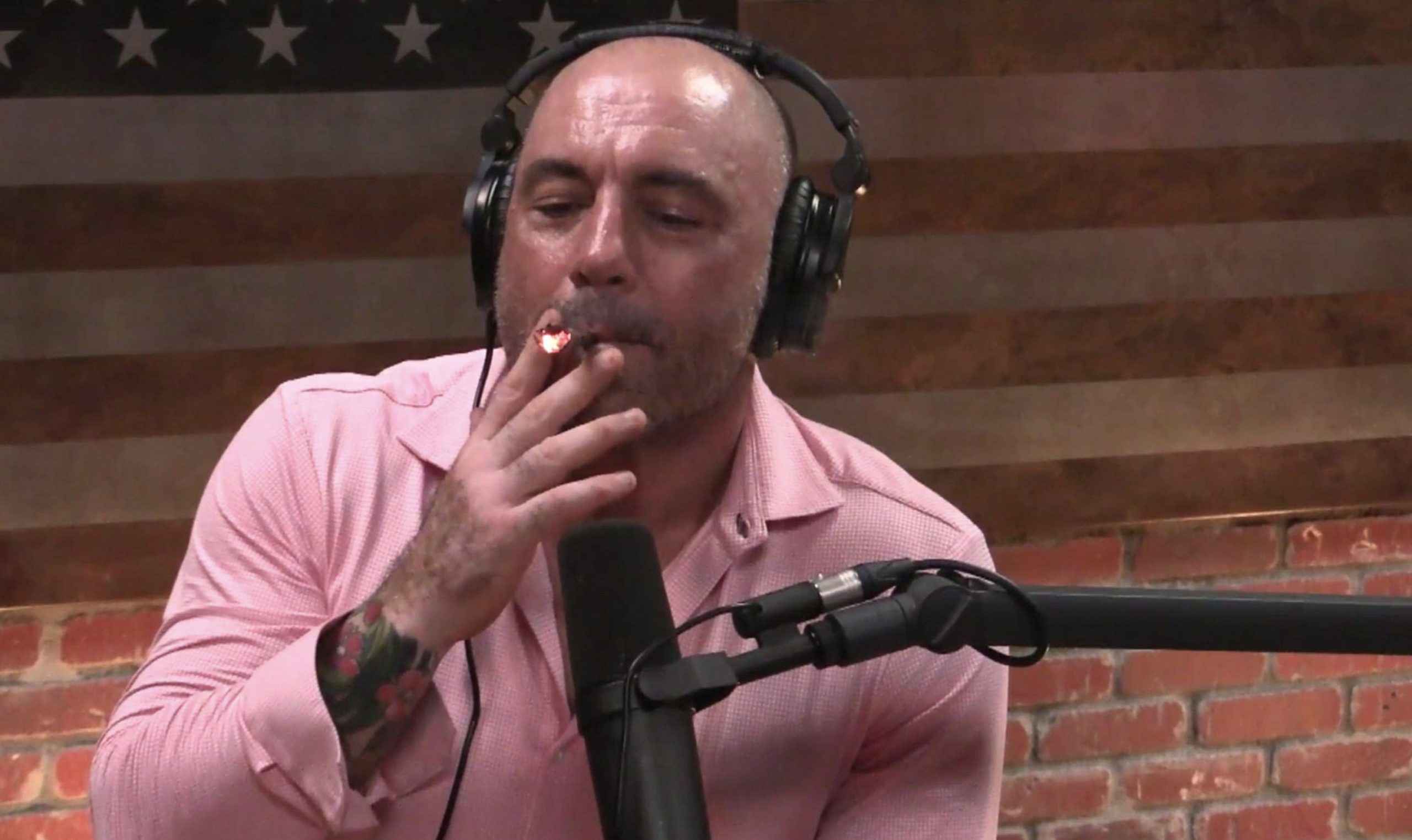

Once Spotify has a gatekeeping power over distribution, it can eliminate the open standard rival RSS, and control which podcasts get access to listeners. I’m asked on fun weird podcasts all the time podcasting feels like the web prior to the roll-up of power by Google and Facebook, with a lot of new voices, some very successful and most marginal, but quite authentic.įirst, Spotify is gaining power over podcast distribution by forcing customers to use its app to listen to must-have content, by either buying production directly or striking exclusive deals, as it did with Rogan.

Distribution happens through an open standard called RSS, and there’s very little behavioral ad targeting. As the web used to be, today podcasting is an open market, with advertising, podcasting, and distribution mostly separated from one another.

To explain Spotify’s strategy, I analogized the current podcast market to the web in the mid-2000s. I’m going to be writing more about this book, since we’re in an era dominated by the Federal Reserve and monetary policy, and the politics trace their origin to Keynes’s philosophy about power.īack in February, after Spotify bought the podcast production company of Bill Simmons with its bevy of popular content, I wrote up how Spotify is trying to monopolize the podcasting market. Also, Zach Carter, who is a friend, wrote a wonderful and important book called The Price of Peace: Money, Democracy, and the Life of John Maynard Keynes. Trump handed out a large contract to create a domestic industry for generic pharmaceutical chemical production.Īre Apple and Google blocking a major new mobile industry segment?įirst some house-keeping, I was in Farhad Manjoo’s grim New York Times column, The Worst is Yet to Come.

Today I wrote about Joe Rogan’s exclusive deal with Spotify, which I think is very important. If you’d like to sign up, you can do so here. Welcome to BIG, a newsletter about the politics of monopoly.


 0 kommentar(er)
0 kommentar(er)
